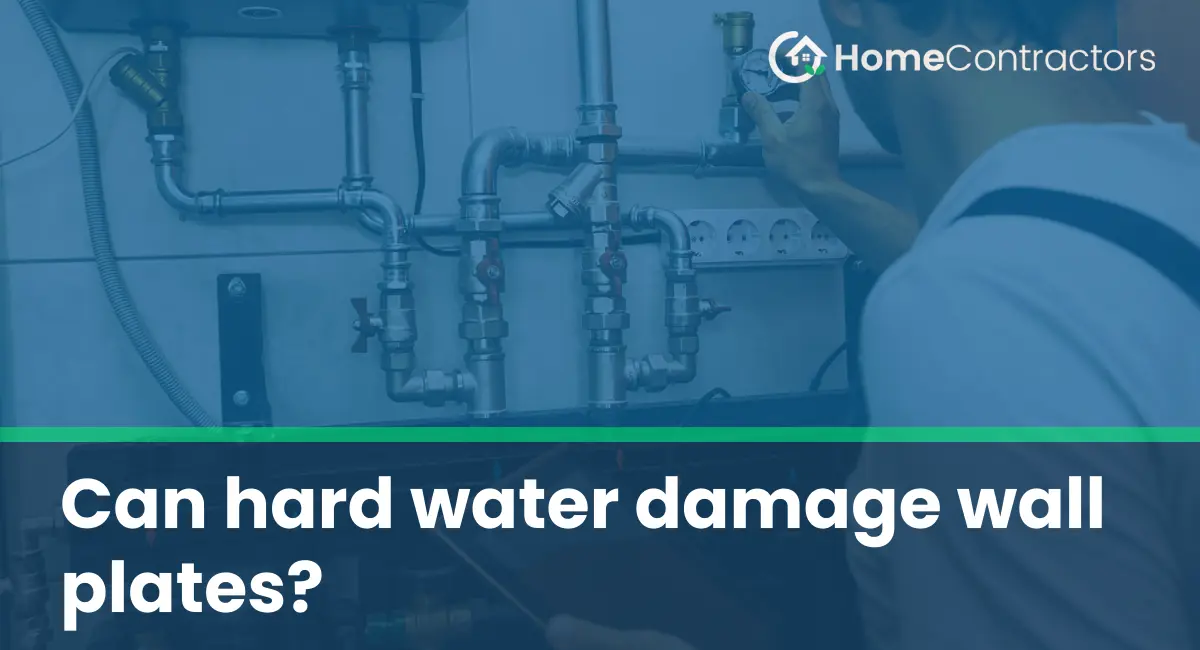Hard water is defined as water that contains a high concentration of minerals, primarily calcium and magnesium. These minerals are dissolved while the water passes through limestone and other sedimentary deposits. The presence of these minerals can cause various issues throughout the home, including the potential damage to wall plates.
2. Mineral Deposits and Stains:
One of the primary concerns of hard water is the formation of mineral deposits on surfaces it comes into contact with regularly. When hard water evaporates, it leaves behind mineral residue, which can build up on wall plates over time. This can lead to unsightly stains, discoloration, and a rough texture on the surface of the wall plates.
3. Corrosion and Oxidation:
The minerals present in hard water can also contribute to corrosion and oxidation on wall plates. When moisture interacts with metallic components of the wall plates, such as screws or cover plates, it can accelerate the corrosion process. Over time, this can lead to weakened structures, rust formation, and potential electrical issues.
Mitigating the Impact of Hard Water on Wall Plates:
1. Regular Cleaning and Maintenance:
Routine cleaning and maintenance are essential to prevent mineral deposits and stains on wall plates caused by hard water. Using a mild household cleaner, scrub the wall plates gently with a non-abrasive sponge or cloth. Regular cleaning will help to remove any existing residue and maintain the appearance and functionality of the wall plates.
2. Water Softening Systems:
Installing a water softening system can be an effective long-term solution to minimize the impact of hard water on wall plates. These systems work by removing the excess minerals from the water supply, subsequently reducing mineral residue buildup on surfaces such as wall plates.
3. Protective Coatings:
Applying protective coatings to wall plates can also offer an extra layer of defense against hard water damage. These coatings, available in hardware stores, create a barrier that resists mineral deposits and stains, making them easier to clean and maintain.
4. Consider Alternative Materials:
Homeowners may consider using alternative materials for wall plates that are less susceptible to hard water damage. Plastic or resin-based plates, for example, can be less prone to staining and corrosion while providing the necessary electrical safety.
Though often overlooked, wall plates play a significant role in our homes’ electrical systems, ensuring safety and functionality. However, in areas with hard water, wall plates can be vulnerable to damage caused by mineral deposits, stains, corrosion, and oxidation. By understanding these risks and implementing preventive measures like regular cleaning, water softening systems, protective coatings, or alternative materials, homeowners can safeguard their wall plates from the detrimental effects of hard water.
